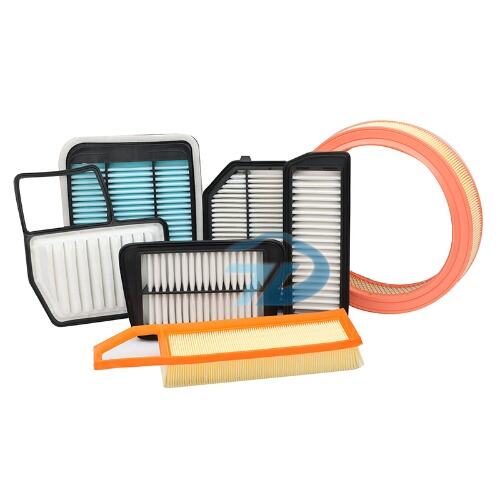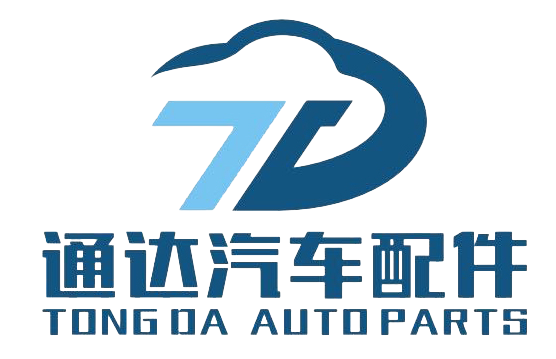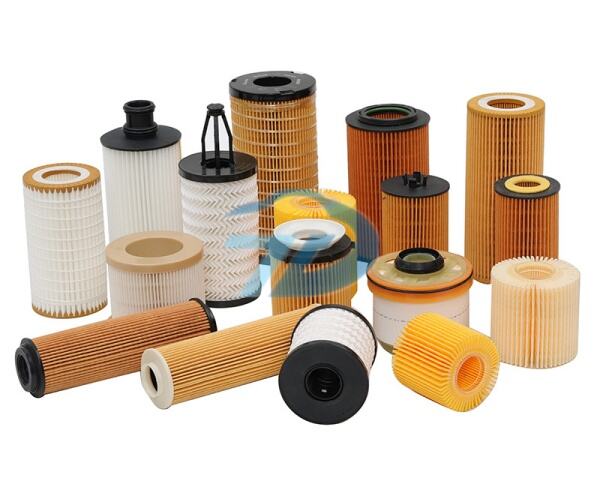**Technological innovation and application of delaying filter aging**
Filters, as important components in various mechanical equipment and systems, are responsible for filtering impurities, ensuring fluid purity, and ensuring efficient operation of equipment. However, filters are inevitably affected by various factors during use, leading to a gradual decline in performance and even premature aging. In order to effectively delay the aging process of filters and improve the reliability and operational efficiency of equipment, a series of innovative technologies and methods have emerged in recent years. This article will delve into these key technologies in order to provide scientific basis and practical guidance for the long-term stable operation of filters.
1、 Research and application of high-performance filter materials
1. * * Nanofiber filter material * *: Nanofibers have extremely high specific surface area and filtration efficiency due to their ultra-fine diameter and unique surface structure, which can more effectively intercept small particles and pollutants in fluids. Compared to traditional filter materials, nanofiber filter materials not only improve filtration accuracy, but also significantly extend the service life of filters.
2. * * Composite filter material * *: By combining filter materials of different materials and functions, the filtration performance, corrosion resistance, and wear resistance of the filter can be comprehensively improved. For example, the combination of metal mesh and polymer fiber can not only enhance the mechanical strength of the filter material, but also improve the filtration efficiency and anti-aging ability.

2、 Optimization design of filter structure
1. * * Streamlined design * *: By optimizing the internal structure of the filter, turbulence and eddies of the fluid inside the filter are reduced, and the impact wear of the fluid on the filter material is reduced, thereby extending the service life of the filter.
2. * * Modular design * *: The filter is designed as a modular structure that is easy to disassemble and replace, making it convenient for users to perform regular maintenance or replacement according to the actual condition of the filter, and avoiding overall scrap caused by local damage.
3、 Application of Intelligent Monitoring and Early Warning System
1. * * Differential Pressure Sensor * *: By installing differential pressure sensors at the inlet and outlet of the filter, real-time monitoring of changes in the filter's differential pressure is achieved. When the differential pressure reaches a preset threshold, an automatic warning signal is issued to remind users to clean or replace the filter in a timely manner.
2. IoT technology: Connect the filter to the IoT platform to achieve remote monitoring and data analysis of the filter status. Predicting the remaining service life of the filter through big data algorithms, scheduling maintenance plans in advance, and avoiding equipment downtime caused by sudden failures of the filter.

4、 Surface treatment technology
1. Coating technology: Coating the metal parts of the filter with corrosion-resistant and wear-resistant coatings, such as ceramic coatings, PTFE coatings, etc., to improve the corrosion resistance and wear resistance of the filter.
2. * * Surface modification technology * *: By using physical or chemical methods to change the structure and properties of the filter surface material, such as plasma spraying, laser cladding, etc., the filter surface is made harder and smoother, reducing fluid erosion and wear on the filter material.
5、 Advanced manufacturing technology
1. * * Precision machining technology * *: Using precision machining techniques such as laser cutting, CNC milling, etc., to improve the manufacturing accuracy and assembly quality of filter components, and reduce filter failure caused by manufacturing defects.
2. * * Automated Production Line * *: Establish an automated filter production line to achieve full automation of filter production from raw materials to finished products, improve production efficiency, reduce production costs, and ensure consistency and reliability of filters.
In summary, technological innovation to delay filter aging involves multiple aspects such as filter material research and development, structural design, intelligent monitoring, surface treatment, and manufacturing processes. By comprehensively applying these advanced technologies, not only can the performance and service life of filters be significantly improved, but equipment maintenance costs can also be reduced, and overall operational efficiency can be improved. In the future, with the continuous advancement and innovation of technology, the design, manufacturing, and maintenance of filters will become more intelligent and efficient, providing a more solid guarantee for the stable operation of various mechanical equipment and systems.
 Norge
Norge EN
EN








































